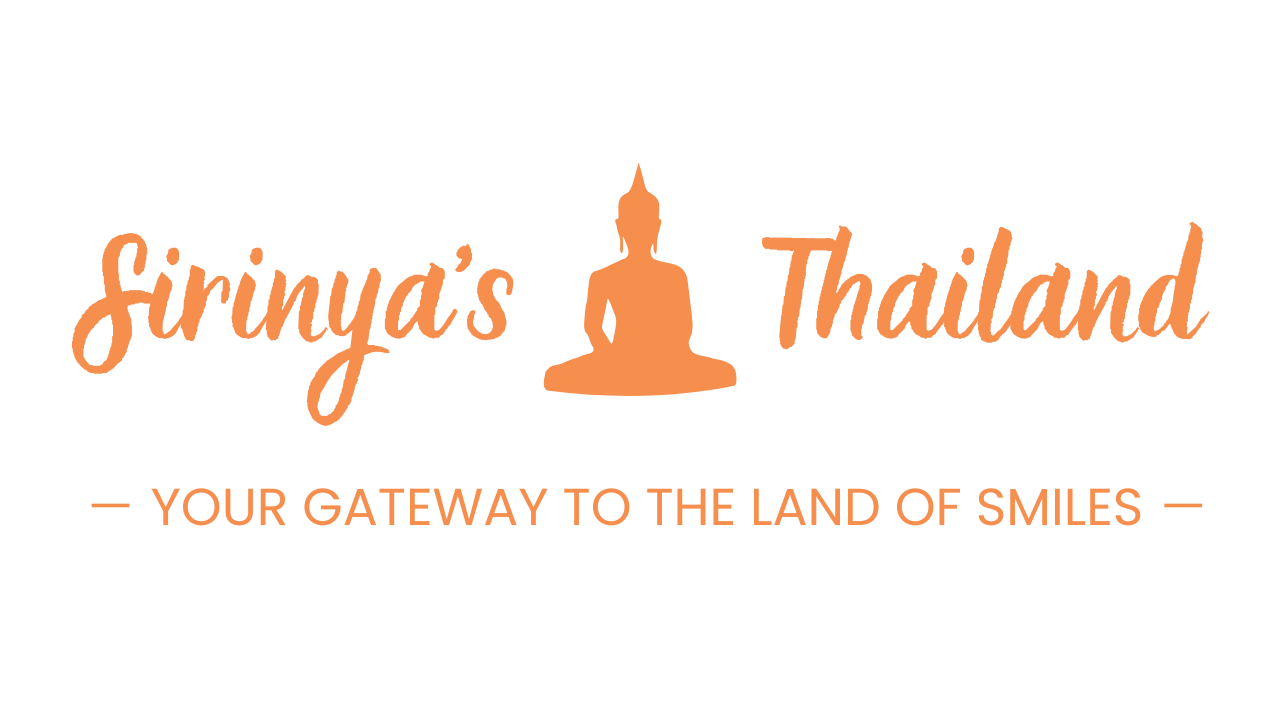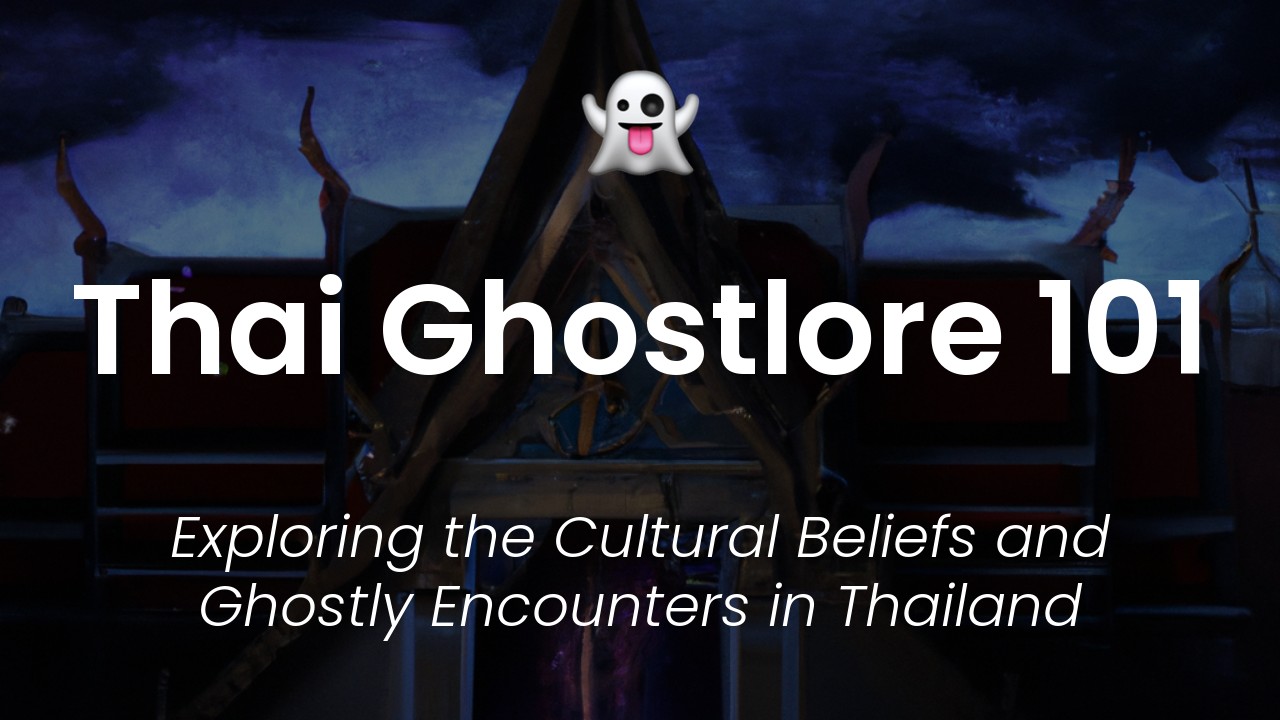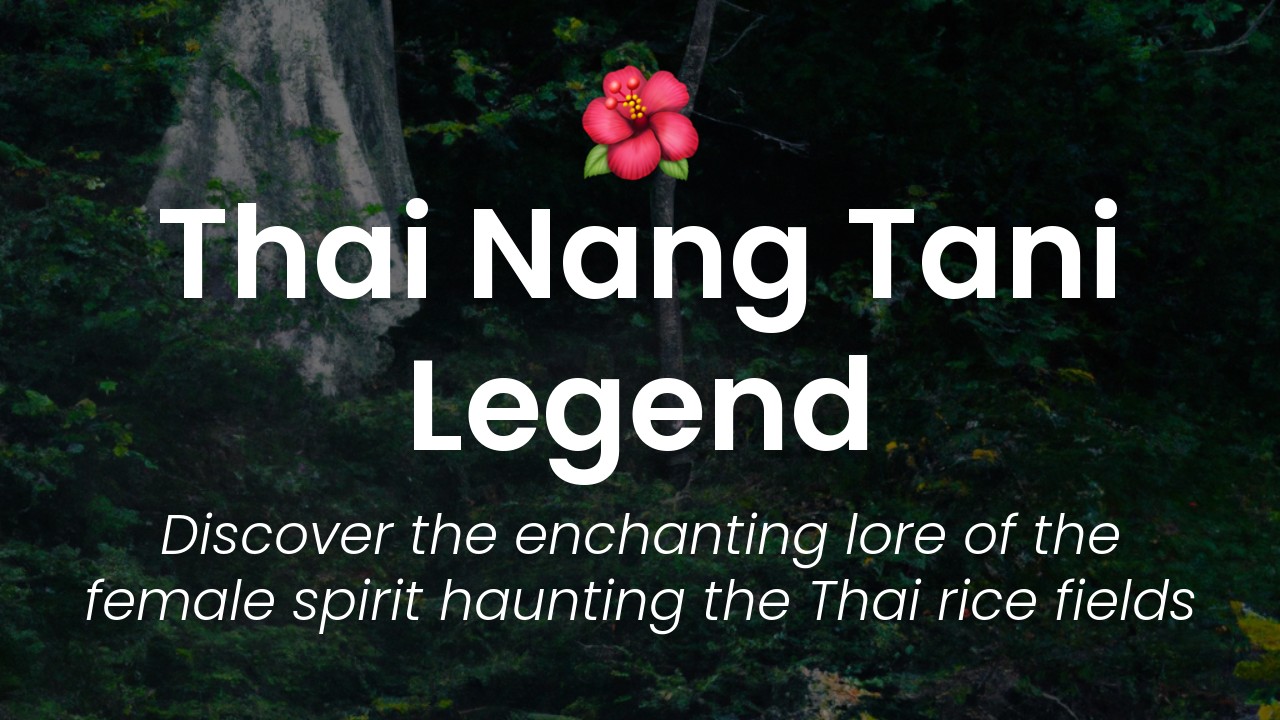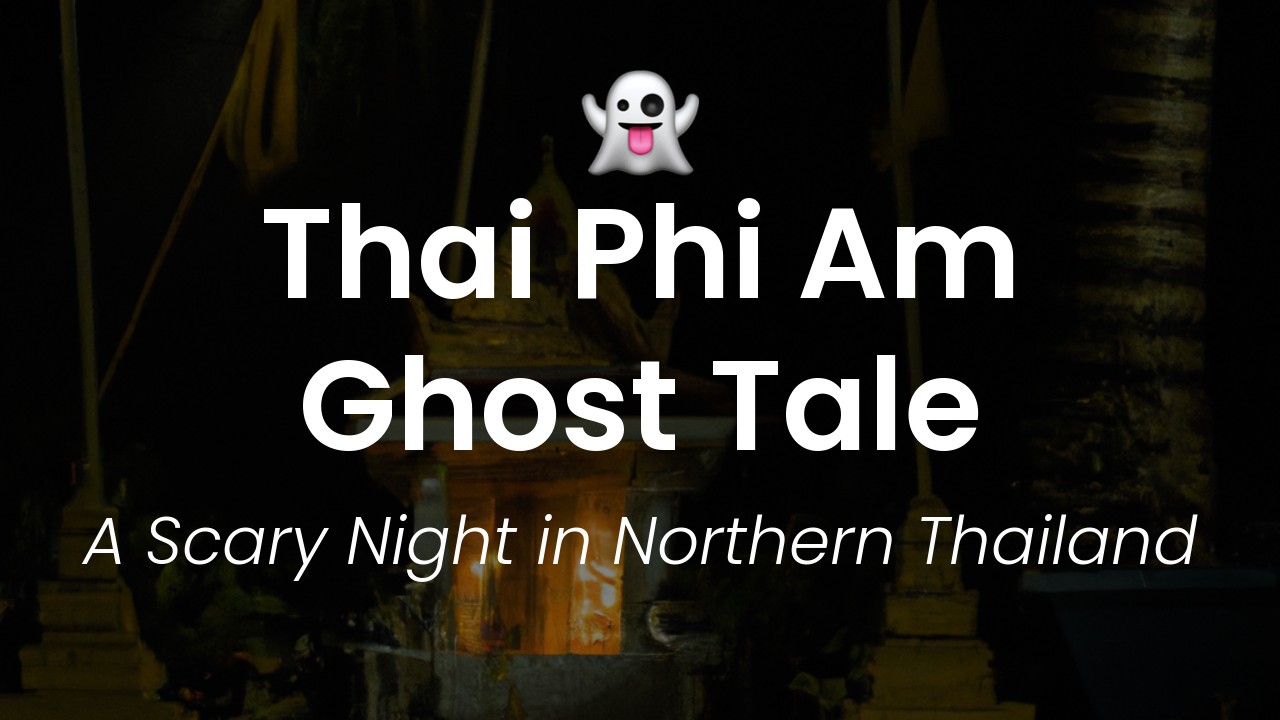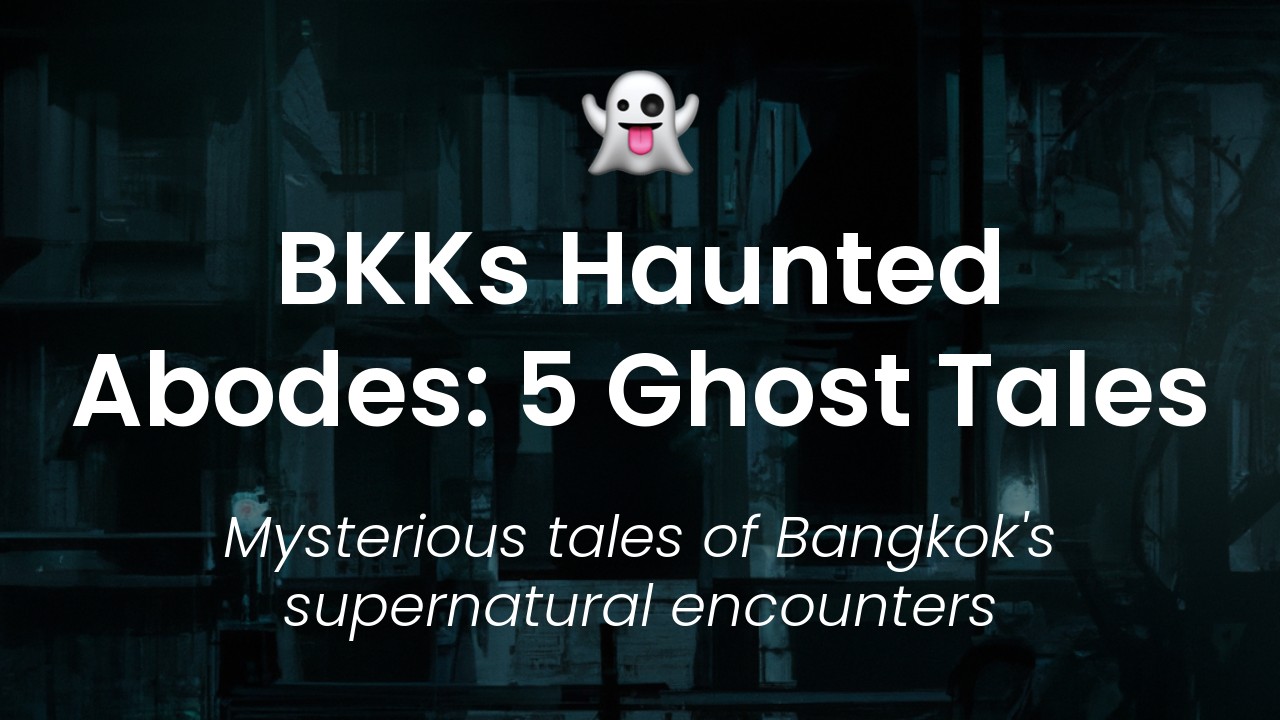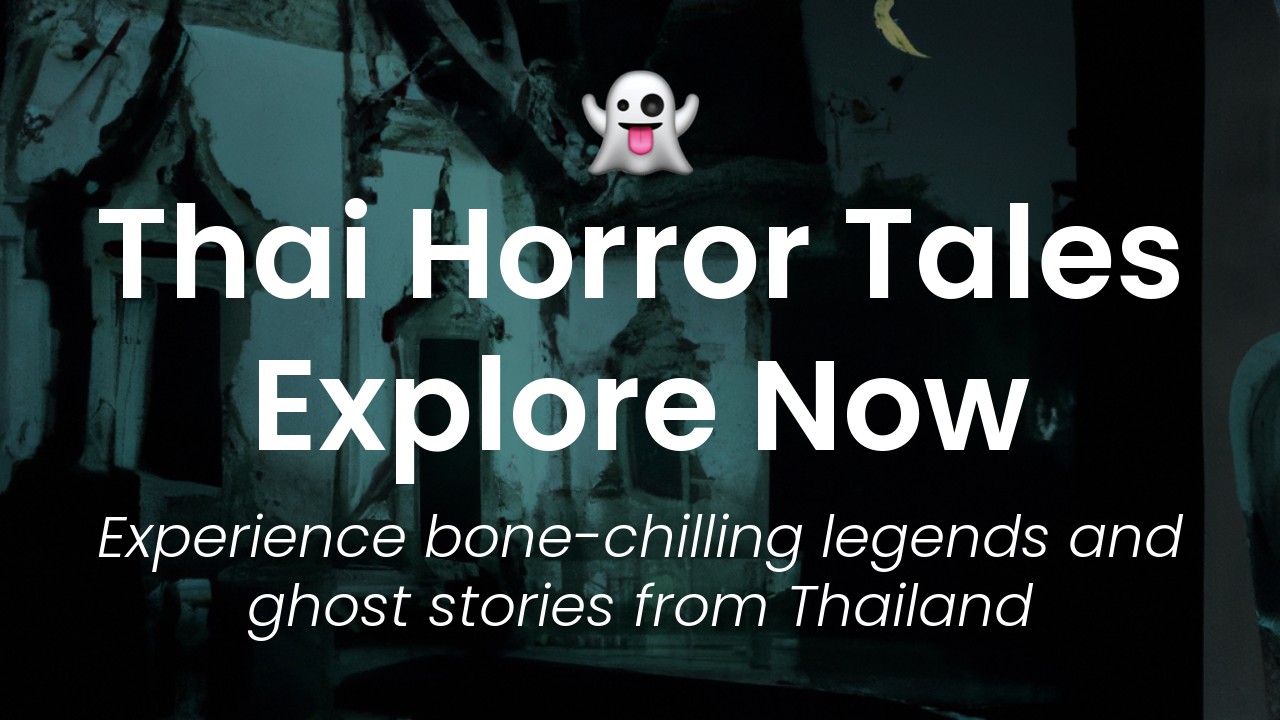As a Thai woman deeply immersed in my country's culture, my fascination with superstitions and ghost stories has grown over time. Some of these beliefs are so ingrained in our daily lives that various rituals are still practiced today. From tying pieces of naturally colored threads around our wrists for protection, to finding a perfect location for a new house to avoid attracting spirits, we Thais put a lot of trust in superstitions in our everyday lives.
While some of these superstitions may seem frivolous or funny to outsiders, they hold a deep significance to Thai people and can be understood within the context of our beliefs and cultural heritage. Those unfamiliar with traditional Thai folklore might find it difficult to understand our preoccupation with ghosts and spirits, but this article will serve as a guide to unlocking the mysteries of Thai superstitions and ghost stories.
One thing to keep in mind is that Thai beliefs about ghosts and the supernatural world are not limited to just the Thai Buddhist religion. The country has a rich history of a variety of cultures and religions, including Hinduism and animism. In this article, we'll take a closer look at the different types of ghosts and spirits in Thai culture, from benevolent guardian spirits of the household to the vengeful spirits seeking revenge on those who wronged them in life. So, let’s dive deeper into the fascinating world of Thai superstitions and ghosts.
Origins of Thai Superstitions
Thai superstitions have been an integral part of the Thai culture for centuries. Superstitions are beliefs or practices that are regarded as irrational or unscientific, but they provide a sense of cultural and social identity for the people who practice them. The origin of Thai superstitions can be traced back to the ancient animistic beliefs of the pre-Buddhist era when people believed that spirits, or phi, existed in the natural world, including trees, mountains, rivers, and animals.
With the arrival of Buddhism in Thailand during the 3rd century BCE, many pre-Buddhist animistic beliefs became mixed with Buddhist beliefs, creating a unique combination of superstition and religion.
Belief in Ghosts: A Common Practice
Thais have a strong belief in ghosts and the supernatural that has been passed down through generations. They believe that ghosts, or pee, exist in the world and can be seen or experienced in various ways. While many Western societies regard ghosts as fictional, Thais consider them to be real beings that need to be taken seriously.
Thai people take precautions against ghosts by performing rituals, wearing amulets, and avoiding certain actions and behaviors believed to attract the attention of ghosts.
Thai Ghosts: Spirits of the Departed
Thai ghosts are believed to be the spirits of the departed who remain in the world after death for various reasons. They may have unfinished business, be seeking revenge, or be attached to people, places, or things they loved during their lifetime. Thai ghosts can appear in various forms such as human-like, animal-like, or as objects such as trees or rocks.
There are many different types of ghosts in Thai folklore, including phi krahang, a malevolent spirit that preys on vulnerable women, and phi pob, a ghost that haunts people who have committed sinful acts.
Popular Thai Superstitions and Taboos
Thai superstitions and taboos cover a wide range of topics and can be quite specific. Some popular ones include:
-
Avoiding Whistling at Night: Thais believe that whistling at night can attract spirits and ghosts.
-
Wearing Red: Many Thais wear red clothing to protect themselves from danger and bad luck.
-
Not Pointing at the Moon: Thais believe that pointing at the moon can cause you to become deaf.
- Placing Food Offerings: Thais place food offerings at the spirit house in front of their homes, believing that it will please the spirits and prevent them from causing harm.
The Role of Buddhism in Thai Superstitions
Buddhism is the predominant religion in Thailand, and many of the country's superstitions have been influenced by Buddhist beliefs. Buddhist teachings caution against attachment and desire, and Thais apply these principles to everyday life.
Some superstitions are based on Buddhist teachings, such as wearing amulets or chanting mantras for protection. However, some practices, such as the use of fortune-tellers or the offering of food to ghosts, are not considered Buddhist practices but have been incorporated into Thai culture nonetheless.
Traditional Thai Ghost Stories and Folklore
Thai ghost stories and folklore have been passed down through generations and captivate the imagination of many Thais. Traditional Thai ghost stories feature spirits seeking revenge or justice, and often involve elements of horror and tragedy.
One popular folktale is the story of Mae Nak, a ghost that haunts a village in search of her husband. It is said that she died during childbirth but remained in the world to protect her family.
Modern Interpretations of Thai Superstitions and Ghosts
In modern Thailand, superstitions and beliefs in ghosts have evolved to reflect contemporary society. Many Thais still adhere to traditional beliefs, but some have adopted a more skeptical view of superstitions and ghost stories.
There are now several television shows and movies that feature modern interpretations of these traditional beliefs, such as the popular horror-comedy Pee Mak, based on the story of Mae Nak.
Final Thoughts
Thai superstitions and beliefs in ghosts offer a fascinating glimpse into the country's culture and history. While these practices may seem irrational to outsiders, they provide a sense of identity and tradition for Thais that have been passed down through generations.
Whether one believes in ghosts and superstitions or not, it is important to respect the beliefs of others and appreciate the unique cultural heritage that they embody.
